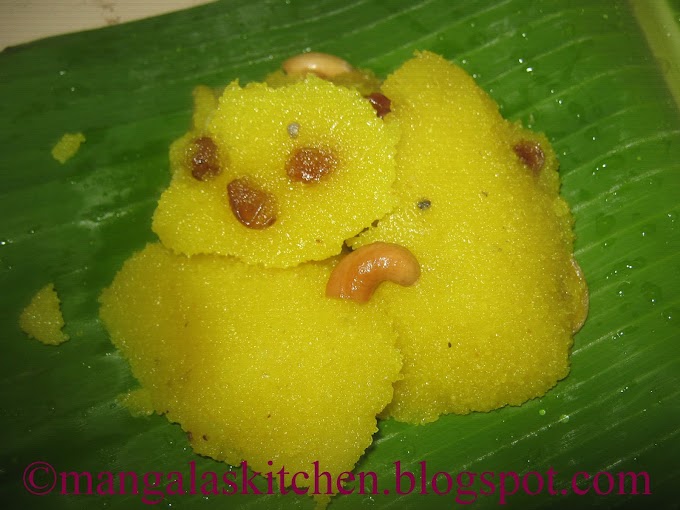Homemade Wheat Flour / Atta is superior and more healthier option because it retains more fibre, vitamins, and natural oils. Choosing between readymade atta (flour) and homemade atta depends on your priorities—convenience, freshness, nutrition, and taste. Both have their pros and cons, but homemade atta generally offers better quality and control.
Check here to view Samba Wheat Chapathi
1. Freshness and Quality
Homemade Atta: Made from freshly milled whole grains, it retains natural oils, aroma, and nutrients. You can choose high-quality wheat and ensure no additives are used.
Readymade Atta: Often processed and stored for long periods, which can reduce freshness. Some brands may add preservatives or use blended grains for consistency.
2. Nutritional Value
Homemade Atta: Retains more fiber, bran, and germ, providing better nutrition, especially in terms of vitamins, minerals, and healthy fats.
Readymade Atta: May lose some nutrients during large-scale milling and refining. Some brands fortify their atta, but it’s not the same as natural nutrition.
3. Taste and Texture
Homemade Atta: Produces softer, more flavorful rotis or chapatis due to its freshness and natural oils.
Readymade Atta: Convenient but may result in slightly less soft rotis depending on the brand and storage time.
4. Convenience
Homemade Atta: Requires time, effort, and access to a flour mill.
Readymade Atta: Extremely convenient—ready to use and easily available.
5. Shelf Life
Homemade Atta: Shorter shelf life (about 15–20 days) due to natural oils.
Readymade Atta: Longer shelf life because of processing and packaging.
Verdict
If you value freshness, nutrition, and taste, homemade atta is the better choice.
If you prioritize convenience and time-saving, readymade atta works well—just choose a trusted brand that uses whole wheat and minimal additives.










.jpeg)

.png)
0 Comments